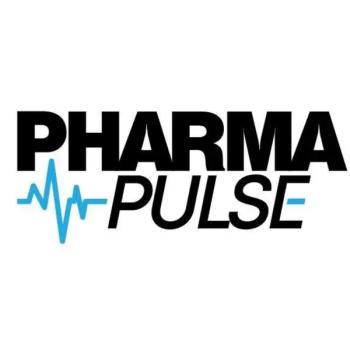
Precision-based Diagnostics
Precision-based diagnostic approaches can help us improve patient outcomes and reach patient success sooner
Personalized medicine is an emerging medical model that integrates genomic and clinical information to drive the customization of healthcare. This approach enables medical diagnoses, treatments, practices and products to be specifically tailored based on the genetic profile of an individual patient rather than applying a “one-drug-fits-all” model.
The first step in advancing personalized medicine is recognizing that every person has a unique response to medical interventions. The continued growth in precision-based diagnostic approaches and treatment plans will further lead to increased patient success and significant developments in modern healthcare.
Taking a precision-based diagnostic approach
Historically, disease diagnoses were conferred based on the physician’s ability to recognize a set of signs and symptoms from a patient. In many cases, this approach leveraged the physician’s experience during their medical training to subjectively evaluate and recommend the best treatment path for the patient; often leading to a trial-and-error approach to get the correct diagnosis and treatment plan.
Precision-based diagnostic approaches enable physicians to obtain a more in-depth look at an individual’s medical problem, rather than just inferring based on clinical observation of symptoms. Physicians can now use a variety of methods including non-invasive skin collection, blood collection and buccal swabs to obtain samples for further genomic or multi-omic analysis. This genomic analysis is used to help physicians understand the overall background of an individual including hereditary risk of disease, disease onset and pathogenesis and appropriate treatment plans.
Applying precision analytics to treatment paths
The historical trial-and-error approach to medicine heavily relies on the ability of a physician to recognize a specific set of signs and symptoms for a given disease. In some instances, multiple disease states may have overlapping signs and symptoms, requiring the physician to use their subjective interpretation and evaluation to define the best path forward. With precision analytics and approaches, physicians can now take a deeper, more objective look into what’s driving a disease and use that to guide next steps and treatment decisions.
One of the greatest advantages of personalized medicine is identifying the right treatment for the right patient at the right time, enabling them to experience a higher quality of life. Using precision-based approaches, physicians gather additional information about the patient upfront. This allows the physician to design a treatment plan that is specifically tailored to that patient and prevents the need to cycle through unsuccessful treatment plans before identifying the correct one.
At DermTech, for example, we drive personalized medicine through the integration of our Smart StickerTM into everyday clinical practice and clinical research trials. This device non-invasively collects skin samples without the need for invasive biopsies that may require extensive healing time and cause permanent scars. Using our proprietary methods, we extract RNA, DNA and protein from skin cells to test for genomic markers associated with skin diseases such as melanoma. Non-invasive techniques like this can be leveraged at the surface of the skin to obtain a clear and comprehensive picture of what’s going on underneath.
The future lies in personalization
The idea that one drug or therapeutic approach will work for 100% of people is improbable. When looking across the diverse human population, it‘s clear that no two individuals are created alike. Each person has a unique genetic makeup and, unsurprisingly, a different response to medical treatments.
Because of this, precision-based diagnostic approaches can help us improve patient outcomes and reach patient success sooner. Looking ahead, it’s great to see that personalization is primed for continued innovation and development, helping to ensure that all patients are diagnosed and treated as effectively as possible.
Michael D. Howell, Ph.D., is Chief Scientific Officer of
Newsletter
Stay ahead in the life sciences industry with Pharmaceutical Commerce, the latest news, trends, and strategies in drug distribution, commercialization, and market access.




